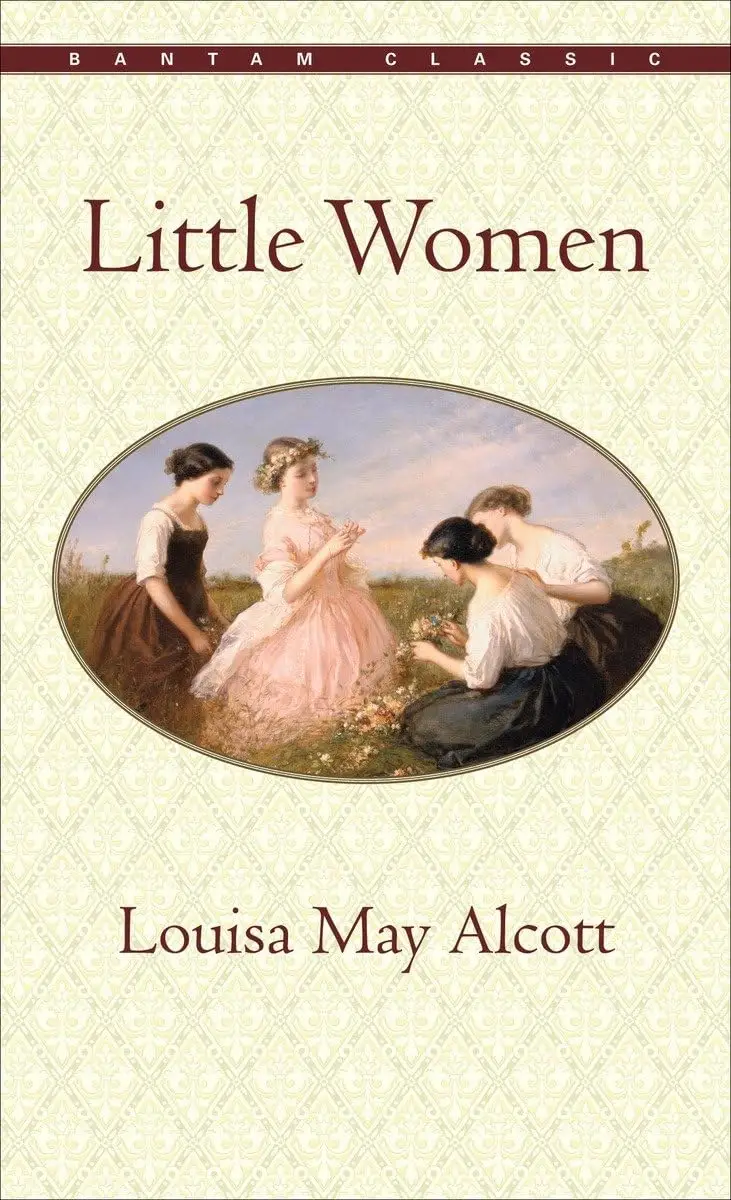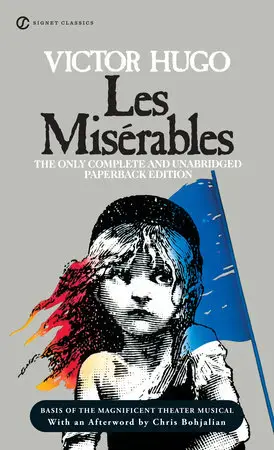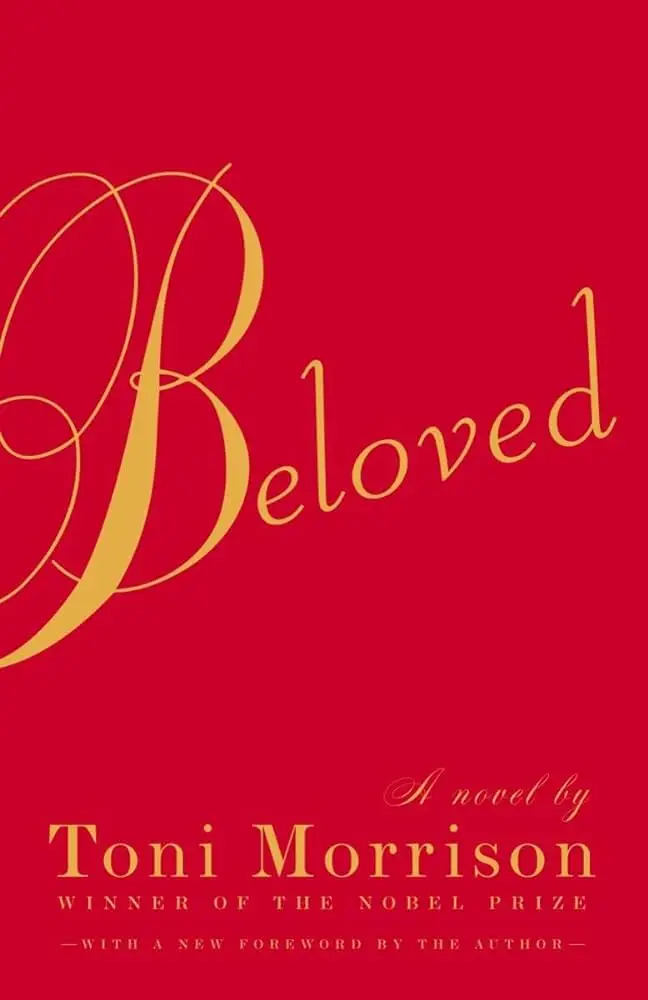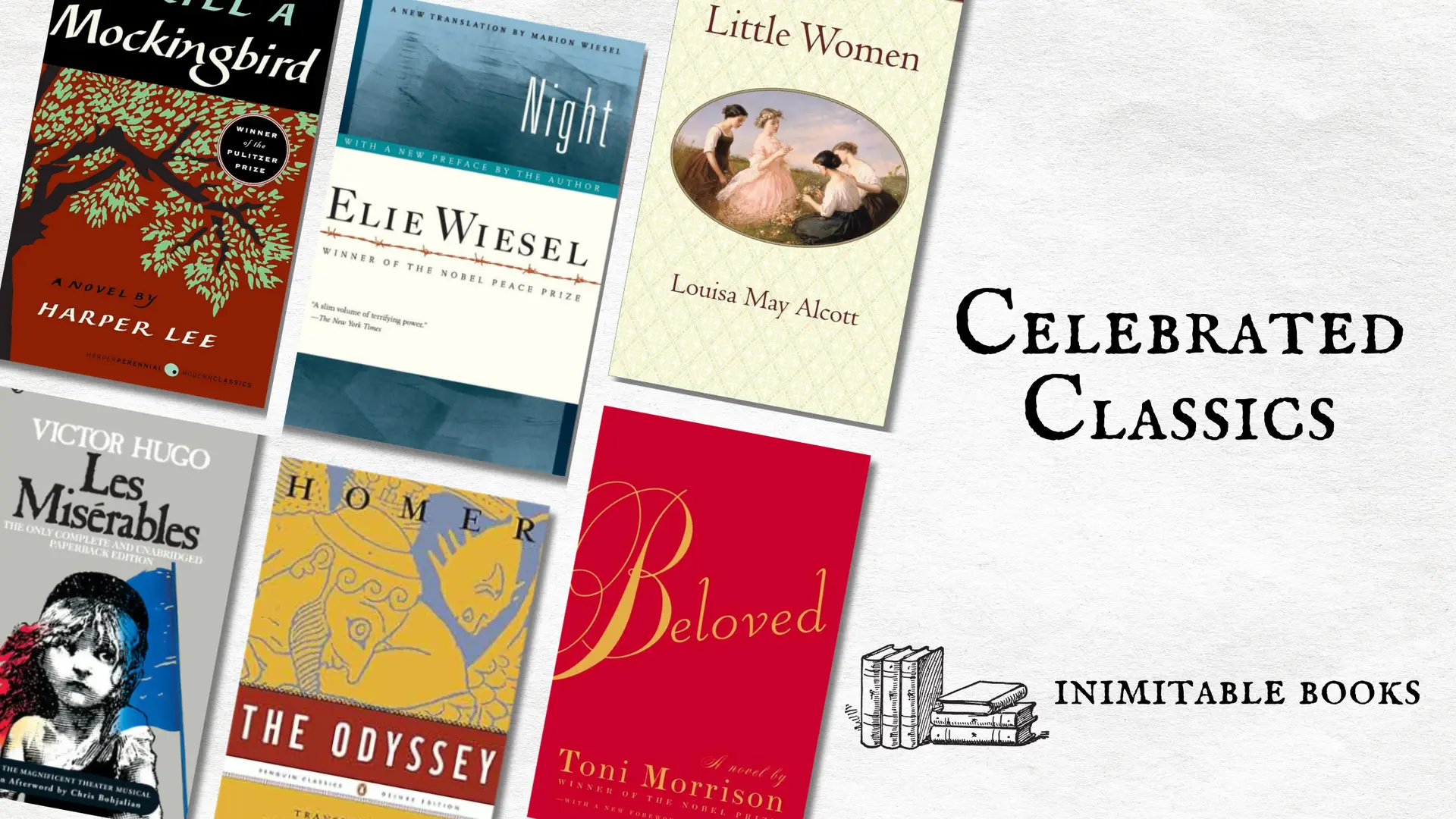Fantasy was our founder, Zara Hoffman’s, first love when it comes to genre fiction. It is fitting that it was also the genre of the first four titles acquired by Inimitable Books (even though a title from a different genre wound up getting published earlier than the fourth acquisition). The titles on this list are in the order that Zara read them.
Please note, the covers and publishers listed with each title is for the edition Zara read the book with (and may not be the cover of the book’s original publication). The years are the original publication of each title.
This list excludes classics that could belong in another genre (mostly romance) that Zara has read like Pride and Prejudice (as well as the rest of Jane Austen’s works) and Jane Eyre, and ones fae didn’t like (Wuthering Heights). This list also excludes Shakespeare’s works as those are plays, and not books.

‘Shoot all the bluejays you want, if you can hit ’em, but remember it’s a sin to kill a mockingbird.’
A lawyer’s advice to his children as he defends the real mockingbird of Harper Lee’s classic novel – a black man charged with the rape of a white girl. Through the young eyes of Scout and Jem Finch, Harper Lee explores with exuberant humour the irrationality of adult attitudes to race and class in the Deep South of the 1930s. The conscience of a town steeped in prejudice, violence and hypocrisy is pricked by the stamina of one man’s struggle for justice. But the weight of history will only tolerate so much.
Zara read this title while in middle school for English class. In hindsight, it’s a little surprising that fae hadn’t read it sooner given it was a favorite among family members, but better late than never.

Born in the town of Sighet, Transylvania, Elie Wiesel was a teenager when he and his family were taken from their home in 1944 to Auschwitz concentration camp, and then to Buchenwald. Night is the terrifying record of Elie Wiesel’s memories of the death of his family, the death of his own innocence, and his despair as a deeply observant Jew confronting the absolute evil of man. This new translation by his wife and most frequent translator, Marion Wiesel, corrects important details and presents the most accurate rendering in English of Elie Wiesel’s testimony to what happened in the camps and of his unforgettable message that this horror must simply never be allowed to happen again.
Zara read this book for an English class a few years after fae voluntarily read Number the Stars by Lois Lowry and The Diary of a Young Girl (both also about the Holocaust, the latter being Anne Frank’s diary). At the time, Zara had already attended (and left) Hebrew school, but reading about the Holocaust from both fictional and real survivors has always struck a special chord in our founder because while fae’s adopted great-grandparents left before the Holocaust, they were still victims of pogroms and were aware of the dangerous turn history was taking and got out of Eastern Europe before it became much harder for those fleeing genocide.
This title has the trigger warnings you might expect of a survivor of a Nazi concentration camp: human abuse, torture, genocide, etc.

Generations of readers young and old, male and female, have fallen in love with the March sisters of Louisa May Alcott’s most popular and enduring novel, Little Women. Here are talented tomboy and author-to-be Jo, tragically frail Beth, beautiful Meg, and romantic, spoiled Amy, united in their devotion to each other and their struggles to survive in New England during the Civil War.
It is no secret that Alcott based Little Women on her own early life. While her father, the freethinking reformer and abolitionist Bronson Alcott, hobnobbed with such eminent male authors as Emerson, Thoreau, and Hawthorne, Louisa supported herself and her sisters with “woman’s work,” including sewing, doing laundry, and acting as a domestic servant. But she soon discovered she could make more money writing. Little Women brought her lasting fame and fortune, and far from being the “girl’s book” her publisher requested, it explores such timeless themes as love and death, war and peace, the conflict between personal ambition and family responsibilities, and the clash of cultures between Europe and America.
Though Zara often spent the Scholastic Book Fair stocking up on Cam Jansen, A to Z Mysteries, and Magic Tree House books, fae has a very strong memory of finding Blackbringer on one of the many tables and being enamored with the cover, and then description. Though the world-building was magical, the characters were what popped off the page and cemented this book amidst Zara’s favorites in the genre.

Victor Hugo’s tale of injustice, heroism and love follows the fortunes of Jean Valjean, an escaped convict determined to put his criminal past behind him. But his attempts to become a respected member of the community are constantly put under threat: by his own conscience, when, owing to a case of mistaken identity, another man is arrested in his place; and by the relentless investigations of the dogged Inspector Javert. It is not simply for himself that Valjean must stay free, however, for he has sworn to protect the baby daughter of Fantine, driven to prostitution by poverty.
Zara actually read the English version after reading the book in French, even though the book (in either language) was not part of fae’s high school syllabi. Fae did do an independent study fae’s senior year of high school with fae’s 9th grade French teacher. The literature for that was only Balzac’s writing, though. But since Les Misérables is both our founder’s mother’s favorite musical, and one of our founder’s personal top 5, it’s no wonder fae wanted to read the source material.

Sing to me of man, Muse, the man of twists and turns
driven time and again off course, once he had plundered
the hallowed heights of Troy.
If the Iliad is the world’s greatest war epic, then the Odyssey is literature’s grandest evocation of everyman’s journey though life. Odysseus’ reliance on his wit and wiliness for survival in his encounters with divine and natural forces, during his ten-year voyage home to Ithaca after the Trojan War, is at once a timeless human story and an individual test of moral endurance.
In the myths and legends that are retold here, Fagles has captured the energy and poetry of Homer’s original in a bold, contemporary idiom, and given us an Odyssey to read aloud, to savor, and to treasure for its sheer lyrical mastery.
Renowned classicist Bernard Knox’s superb Introduction and textual commentary provide new insights and background information for the general reader and scholar alike, intensifying the strength of Fagles’ translation.
This is an Odyssey to delight both the classicist and the public at large, and to captivate a new generation of Homer’s students.
Robert Fagles, winner of the PEN/Ralph Manheim Medal for Translation and a 1996 Academy Award in Literature from the American Academy of Arts and Letters, presents us with Homer’s best-loved and most accessible poem in a stunning new modern-verse translation.
Despite Zara’s obsession with Greek mythology since kindergarten, fae didn’t actually read this classic until fae’s college Classics seminar.

In the troubled years following the Civil War, the spirit of a murdered child haunts the Ohio home of a former slave. This angry, destructive ghost breaks mirrors, leaves its fingerprints in cake icing, and generally makes life difficult for Sethe and her family; nevertheless, the woman finds the haunting oddly comforting for the spirit is that of her own dead baby, never named, thought of only as Beloved.
A dead child, a runaway slave, a terrible secret—these are the central concerns of Toni Morrison’s Pulitzer Prize-winning Beloved.
Beloved is a dense, complex novel that yields up its secrets one by one. As Morrison takes us deeper into Sethe’s history and her memories, the horrifying circumstances of her baby’s death start to make terrible sense. And as past meets present in the shape of a mysterious young woman about the same age as Sethe’s daughter would have been, the narrative builds inexorably to its powerful, painful conclusion. Beloved may well be the defining novel of slavery in America, the one that all others will be measured by. —Alix Wilber
Read during fae’s penultimate undergrad semester as part of an English course all about ghosts in literature, this one was particularly devastating due to its subject matter of slavery in the United States, compared to the works of white male writers like Edgar Allen Poe and The Turn of the Screw by Henry James.
Is your favorite classic novel on this list? Share what you love about your pick. If not, let us know what it is in the comments.

